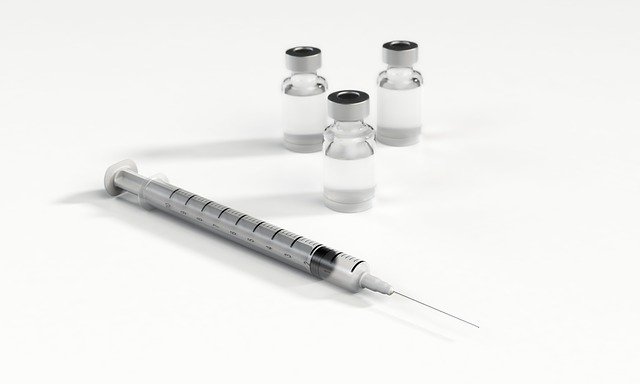The safety and efficacy of artesunate was primarily evaluated in a randomised controlled trial in Asia and a supportive randomised controlled trial in Africa

FDA approves Amivas’ Artesunate for Injection to treat severe malaria. (Credit: Arek Socha from Pixabay.)
Amivas has secured the US Food and Drug Administration marketing approval for its artesunate for injection to treat severe malaria in adult and paediatric patients.
Artesunate for injection is indicated for the initial treatment of severe malaria, where the drug must always be followed by a complete treatment course of an appropriate oral antimalarial regimen.
The company intends to manufacture, distribute, and commercialise artesunate for injection and is setting up a nationwide product network to distribute the drug.
Amivas chief medical officer Bryan Smith said: “We are extremely pleased to have secured this important regulatory milestone for artesunate for injection.
“As most medical professionals know, when a patient with severe malaria arrives in the clinic, emergency room or elsewhere, immediate treatment with a safe, efficacious, fast-acting, injectable therapy is absolutely critical to saving that life.
“Given today’s FDA approval of artesunate for injection and the deep expertise that Amivas can bring to the challenges of treating rare tropical diseases, we look forward to making significant ongoing contributions to saving the lives of patients with severe malaria.”
The safety and efficacy of artesunate to treat severe malaria was evaluated in Asian and African clinical trials
The FDA approval follows an expanded access investigational new drug (IND) programme, which provided the access to investigational IV Artesunate, and was managed by the Centers for Disease Control and Prevention (CDC) since 2007.
CDC will continue providing the investigational IV artesunate to hospitals and healthcare professionals until Amivas start supplying its artesunate for injection.
The safety and efficacy of IV artesunate were primarily evaluated in including the South East Asian Quinine Artesunate Malaria Trial (SEAQUAMAT) and the African Quinine Artesunate Malaria Trial (AQUAMAT).
SEAQUAMAT enrolled 1,461 patients who received either IV artesunate or the comparator drug quinine, while Trial 2 enrolled 5,425 randomised pediatric patients who were treated with artesunate or quinine.
In both clinical studies, the number of hospital deaths in patients treated with artesunate was less than the number of hospital deaths in the control group treated with quinine.
The most common adverse reactions in malaria patients treated with IV artesunate include acute renal failure requiring dialysis, hemoglobinuria and jaundice. The safety profile in AQUAMAT was generally similar to SEAQUAMAT.
Furthermore, artesunate is counterindicated for patients with a known serious allergy to artesunate, including anaphylaxis.
